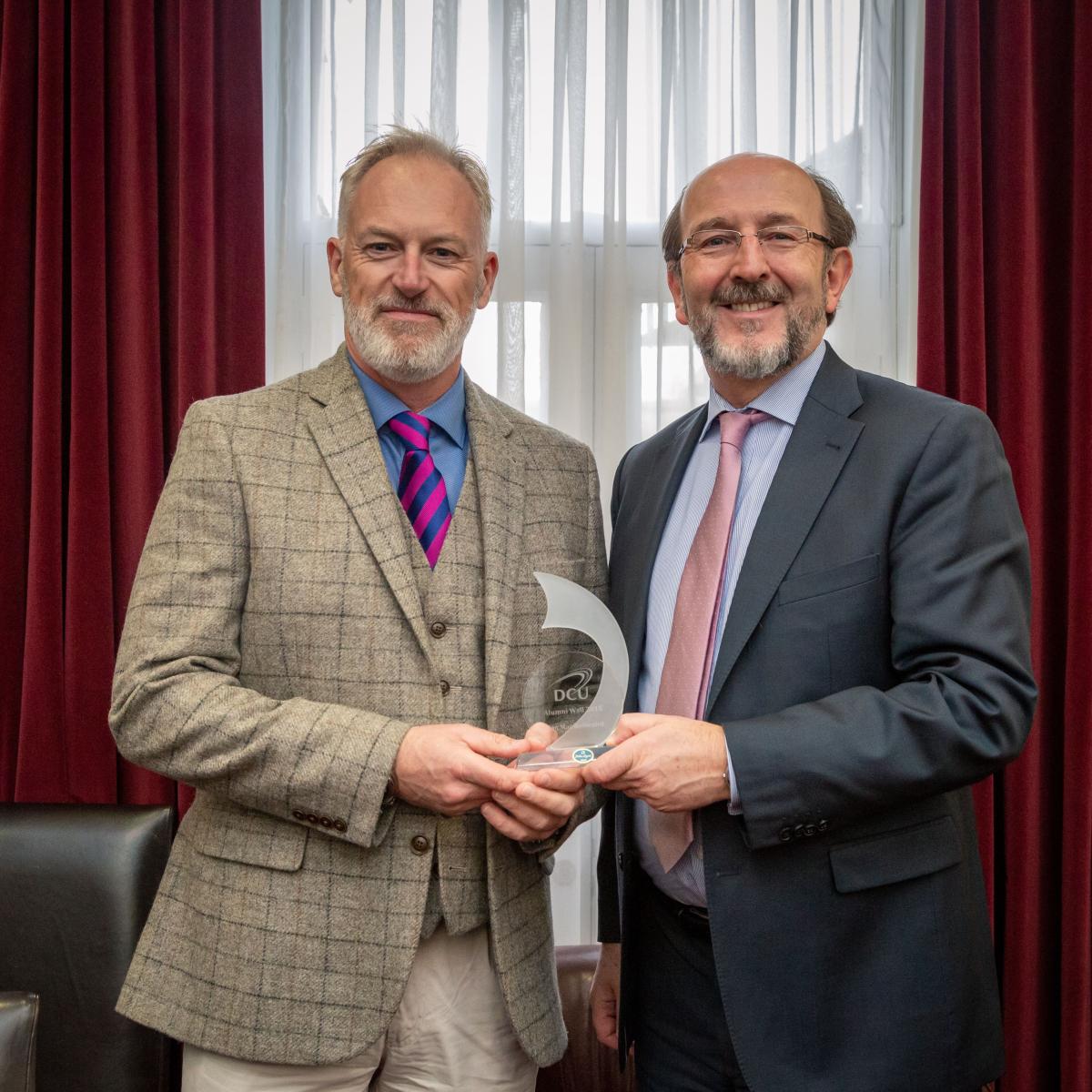

Digital Pioneer
Sean Mac Roibeaird was one of three DCU graduates who created a programming system that helped drive the early expansion of the multi-billion online travel booking industry, writes Eamon Donoghue
“There were three of us in a room, we bought three PCs and a white board and that was it. Heads down. I don’t think I slept properly for five or six years - we just worked like dogs.”
Sean Mac Roibeaird sealed the first customer for his new company in 2002 on the same day his daughter was born.
He’d re-mortgaged his house, left his job and spent all of his savings in co-founding travel tech company OpenJaw. Thirteen years later and it would sell for nearly €50 million.
The DCU Computer Applications graduate - along with fellow DCU alumni John Lambe, and Trinity’s John McQuillan - created the system which was “to essentially do the job that would’ve been done by a traditional travel agent, but allowing it to all be facilitated online.
“The idea was that more and more you could book your own travel,” explains Mac Roibeaird. “So it was about developing systems that could do the complex selling processes, the booking processes, but also having enough intelligence to create complex offerings in terms of flights, hotels, cars, insurance.”
The company was sold in 2015 to a Canadian tech firm in a multi million deal and soon after it would be re-sold to the Chinese state-owned TravelSky.
Having previously formed a successful working relationship with the Irish founders, the Chinese owners offered them roles under the new structure. Mac Roibeaird became the head of creative innovation, a title he held until last summer, before leaving to “look at some early stage investments in the tech space and to get my hands dirty again.”
The 53-year-old looks back now on the hardest, but maybe some of the most rewarding years of his life, when the company developed thanks to hard work and a willingness to take risks.
“We rented a tiny office in the Guinness enterprise centre and we just went to ground for six months and programmed the core system. We got the first version of the product up, we got a website up, produced a bit of marketing material and I think a week after we did all this that American Airlines found us. So it was an incredible stroke of luck and good timing.
“There were three of us in a room, we bought three PCs and a white board and that was it. Heads down. I don’t think I slept properly for five or six years - we just worked like dogs.
“We bootstrapped it ourselves... I re-mortgaged the house let’s put it that way. That was it, everything we had saved. We all gave up well paid jobs. Looking back on it, it was a hell of a risk.”
The Dubliner says that a big pay-day was never the ultimate goal. The trio simply didn’t have time to think past the next airline, operator or online travel agent to sell to.
“I genuinely think we were just focused on building a business. We never sat down and said we’ve x number of years and then we’re going to check out or whatever.
“It probably would’ve been different if we’d have taken investment because they’d have driven an exit plan.
“It’s incredibly unusual for the tech business in Ireland but we never took investment; we were self funded and we did it on the back of winning customers and being profitable from the start, he recalls.
“It was both the best of times and the worst of times. We were just basically exhausted. I went from the birth room of my daughter to when American Airlines rocked up. We just did whatever it took, worked whatever hours it took. Because essentially you were doing it for yourself.”
